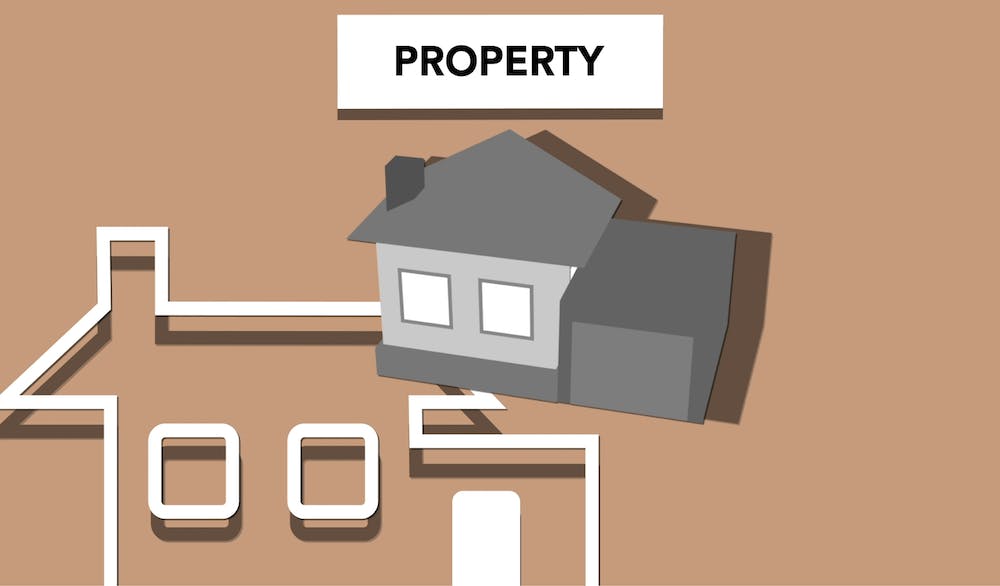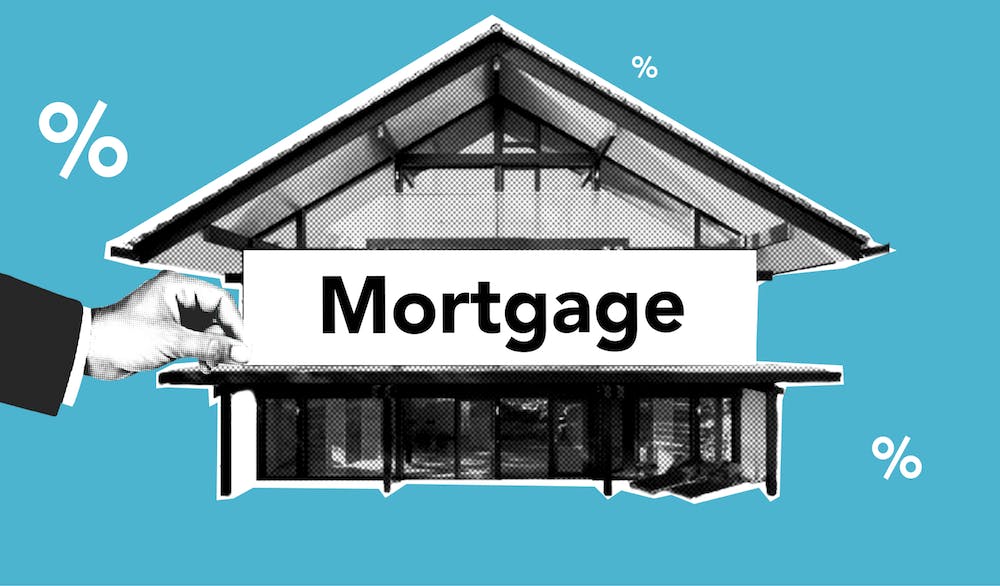If you’re looking for a home that needs some TLC, you might be interested in buying a fixer-upper. A fixer-upper is a property that requires repairs or renovations, but has the potential to become your dream home. However, buying a fixer-upper can also come with some challenges, especially when it comes to financing. Here are five tips to help you secure the best deal for your fixer-upper project.
 1. Know your budget and goals. Before you start looking for a fixer-upper, you need to have a clear idea of how much you can afford to spend on the purchase price and the renovation costs. You also need to have a realistic vision of what you want to achieve with your fixer-upper. Do you want to flip it for a profit, rent it out, or live in it yourself? How much work are you willing to do yourself, and how much will you hire professionals for? These factors will affect your financing options and your return on investment.
1. Know your budget and goals. Before you start looking for a fixer-upper, you need to have a clear idea of how much you can afford to spend on the purchase price and the renovation costs. You also need to have a realistic vision of what you want to achieve with your fixer-upper. Do you want to flip it for a profit, rent it out, or live in it yourself? How much work are you willing to do yourself, and how much will you hire professionals for? These factors will affect your financing options and your return on investment.
 2. Compare different loan options. There are several types of loans that can help you finance a fixer-upper, each with its own pros and cons. For example, you can use a conventional loan with a higher down payment and lower interest rate, but you’ll need to have good credit and enough cash reserves. Alternatively, you can use a renovation loan, such as an FHA 203(k) loan or a Fannie Mae HomeStyle loan, which allows you to borrow extra money for repairs and improvements, but you’ll have to pay higher fees and interest rates, and follow strict guidelines on the type and quality of the work.
2. Compare different loan options. There are several types of loans that can help you finance a fixer-upper, each with its own pros and cons. For example, you can use a conventional loan with a higher down payment and lower interest rate, but you’ll need to have good credit and enough cash reserves. Alternatively, you can use a renovation loan, such as an FHA 203(k) loan or a Fannie Mae HomeStyle loan, which allows you to borrow extra money for repairs and improvements, but you’ll have to pay higher fees and interest rates, and follow strict guidelines on the type and quality of the work.
 3. Get pre-approved and shop around. Once you have an idea of what kind of loan you want to use, you should get pre-approved by a lender before you start looking for a fixer-upper. This will give you an advantage in the competitive housing market, as sellers will see that you’re serious and ready to buy. It will also help you narrow down your search to properties that fit your budget and criteria. However, don’t settle for the first lender that pre-approves you. Shop around and compare different offers to find the best terms and rates for your situation.
3. Get pre-approved and shop around. Once you have an idea of what kind of loan you want to use, you should get pre-approved by a lender before you start looking for a fixer-upper. This will give you an advantage in the competitive housing market, as sellers will see that you’re serious and ready to buy. It will also help you narrow down your search to properties that fit your budget and criteria. However, don’t settle for the first lender that pre-approves you. Shop around and compare different offers to find the best terms and rates for your situation.
 4. Hire a good home inspector and contractor. One of the most important steps in buying a fixer-upper is to have it inspected by a qualified home inspector who can identify any major issues or defects that could affect the value or safety of the property. You should also hire a reputable contractor who can give you an accurate estimate of the renovation costs and time frame, and who can work with your lender’s requirements if you’re using a renovation loan. Having a good team of professionals on your side will help you avoid any unpleasant surprises or delays during the process.
4. Hire a good home inspector and contractor. One of the most important steps in buying a fixer-upper is to have it inspected by a qualified home inspector who can identify any major issues or defects that could affect the value or safety of the property. You should also hire a reputable contractor who can give you an accurate estimate of the renovation costs and time frame, and who can work with your lender’s requirements if you’re using a renovation loan. Having a good team of professionals on your side will help you avoid any unpleasant surprises or delays during the process.
 5. Negotiate the price and contingencies. After you have all the information you need about the property’s condition and renovation costs, you can make an offer that reflects its true value and potential. You should also include contingencies in your contract that protect your interests and allow you to back out or renegotiate if something goes wrong. For example, you can make your offer contingent on the appraisal, the inspection, the financing, or the completion of certain repairs. This way, you can minimize your risk and maximize your reward when buying a fixer-upper.
5. Negotiate the price and contingencies. After you have all the information you need about the property’s condition and renovation costs, you can make an offer that reflects its true value and potential. You should also include contingencies in your contract that protect your interests and allow you to back out or renegotiate if something goes wrong. For example, you can make your offer contingent on the appraisal, the inspection, the financing, or the completion of certain repairs. This way, you can minimize your risk and maximize your reward when buying a fixer-upper.

